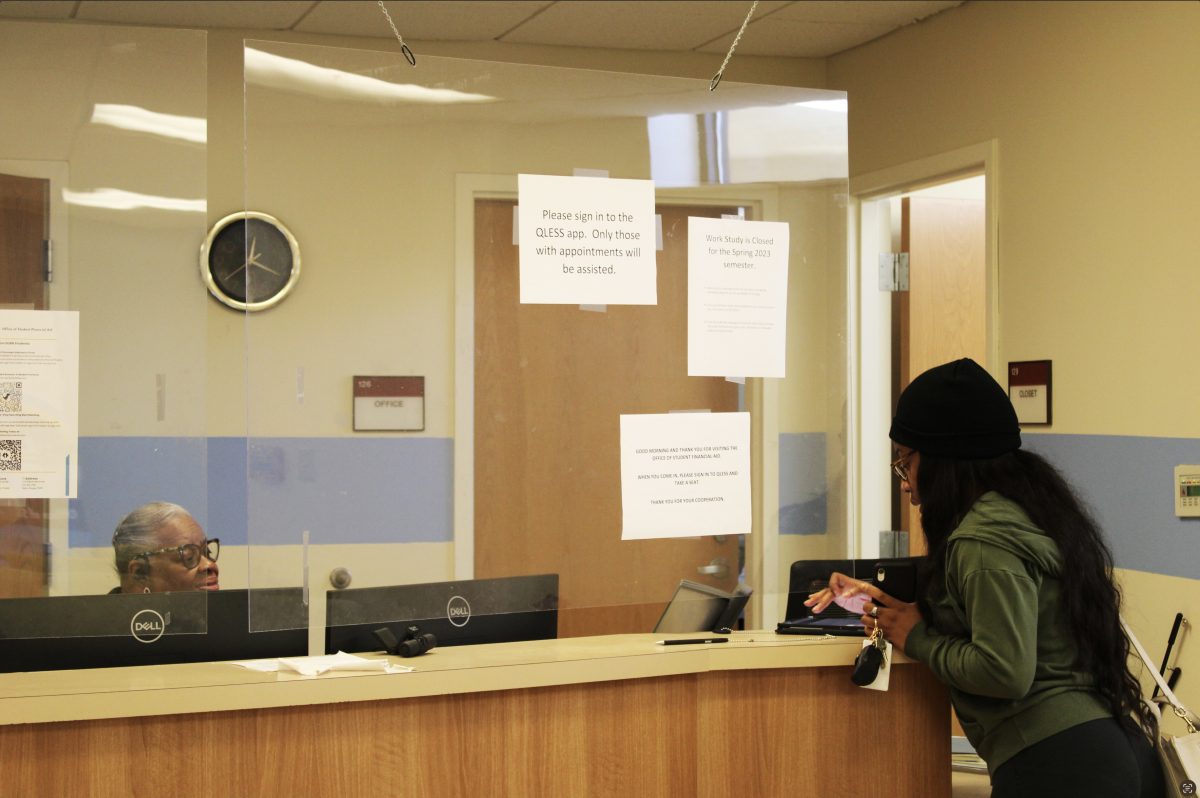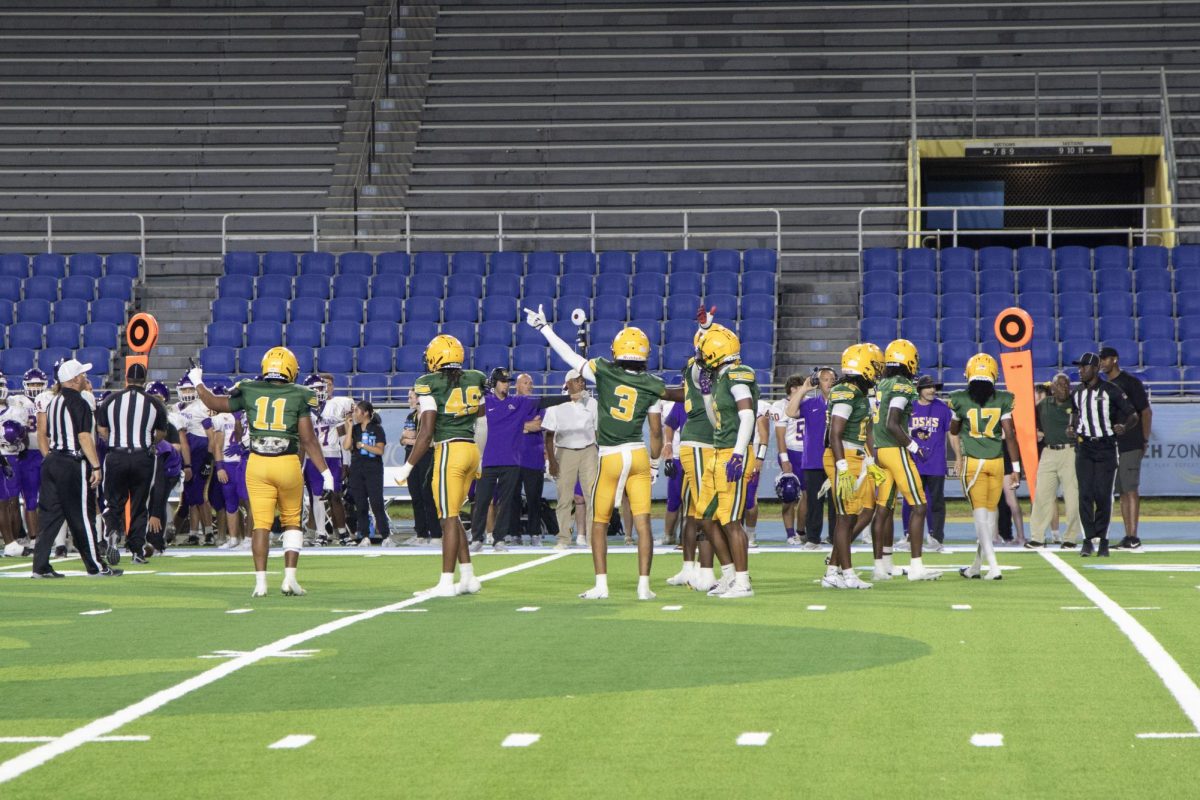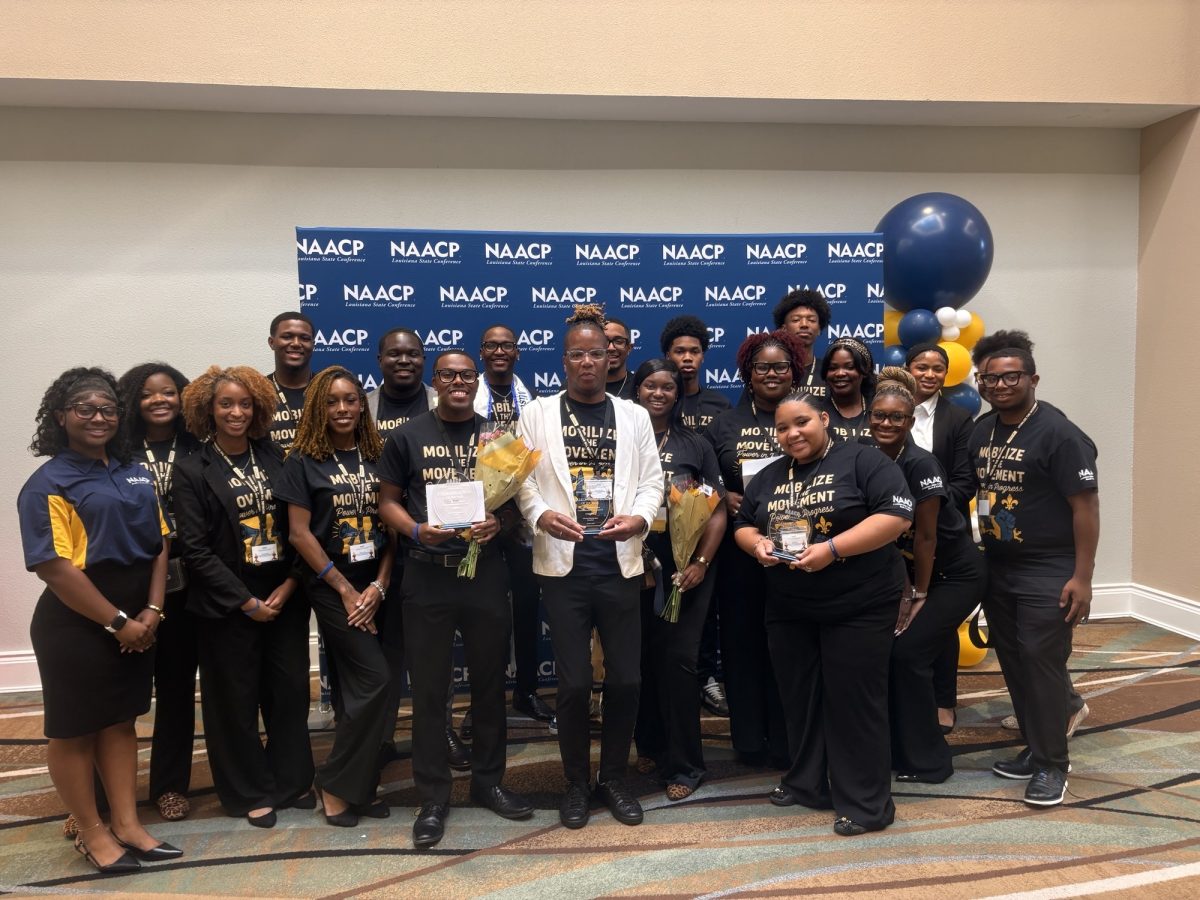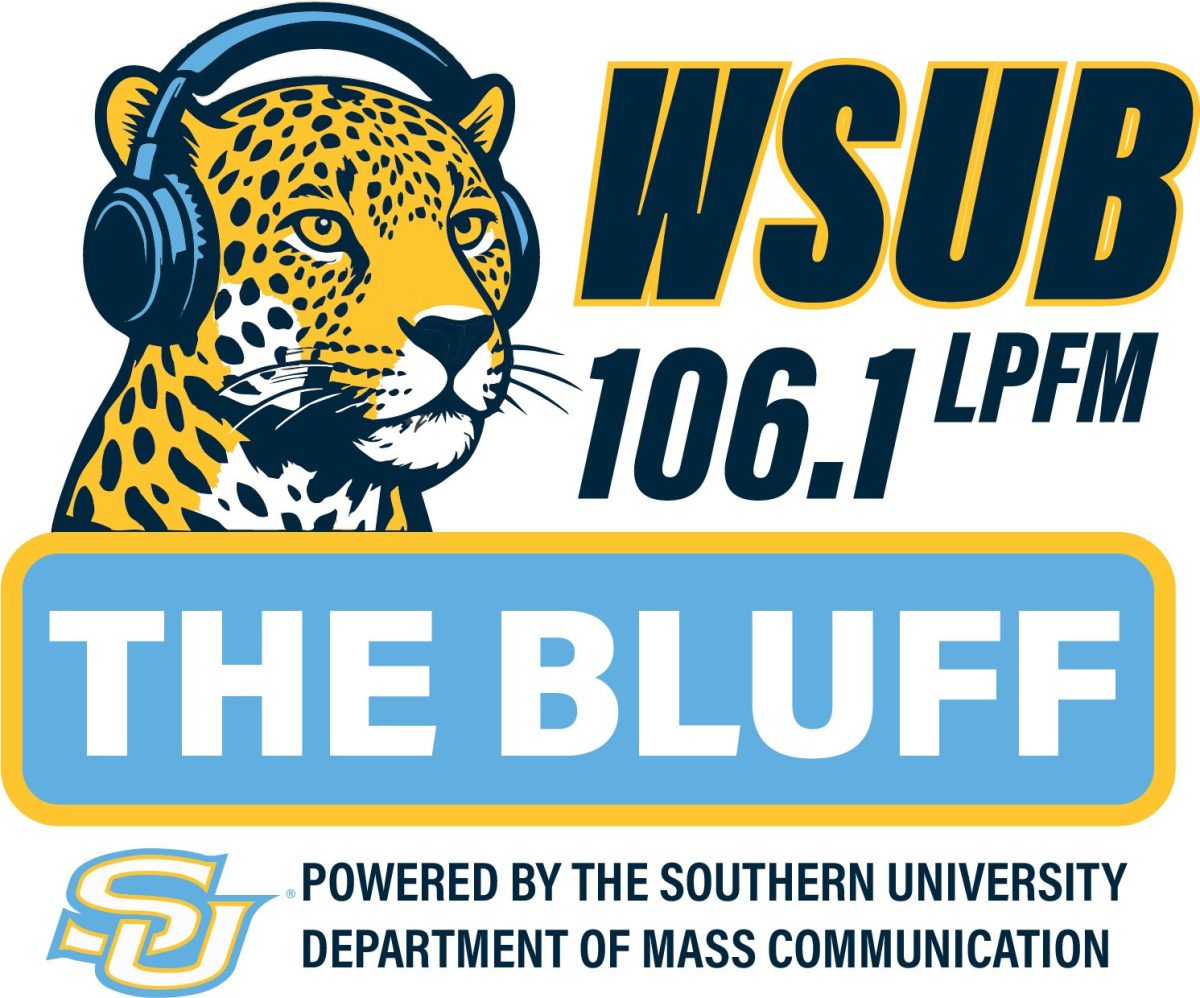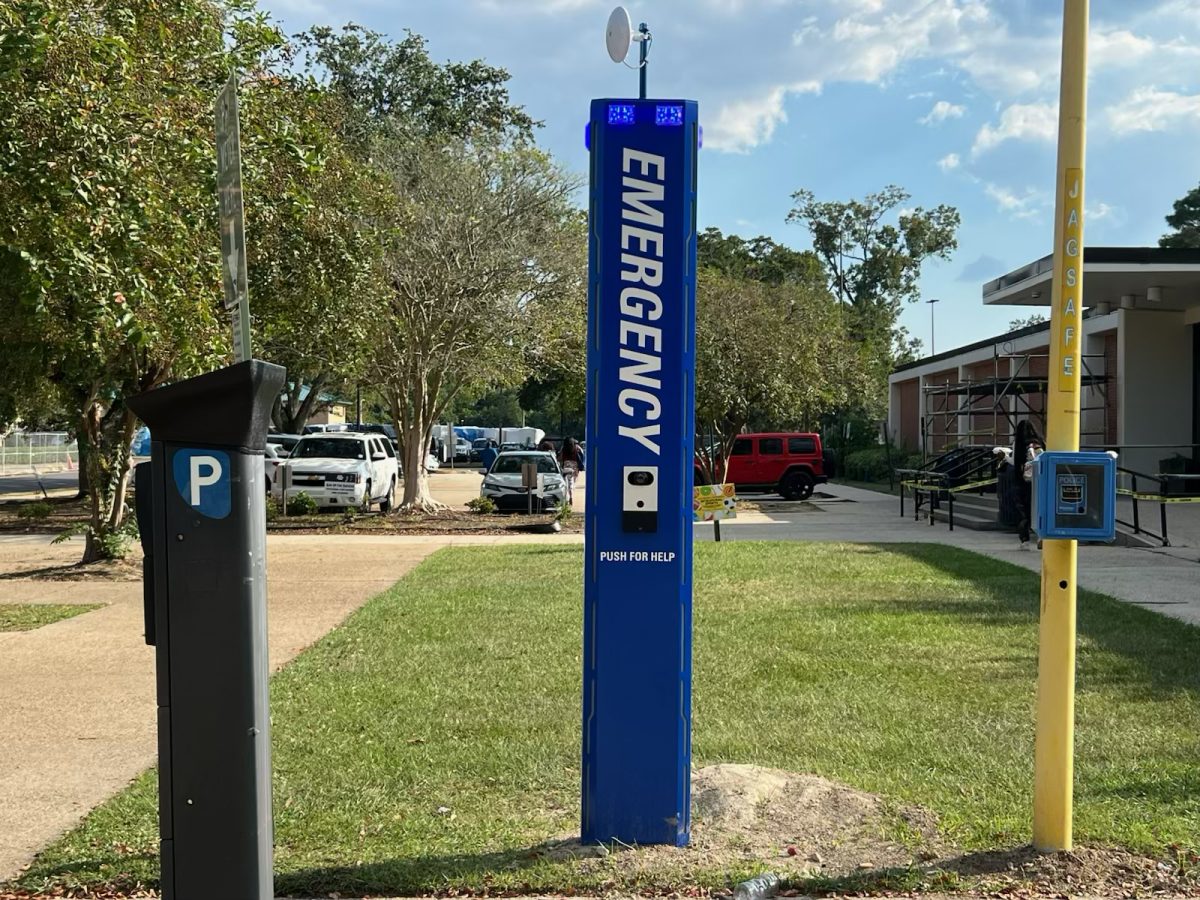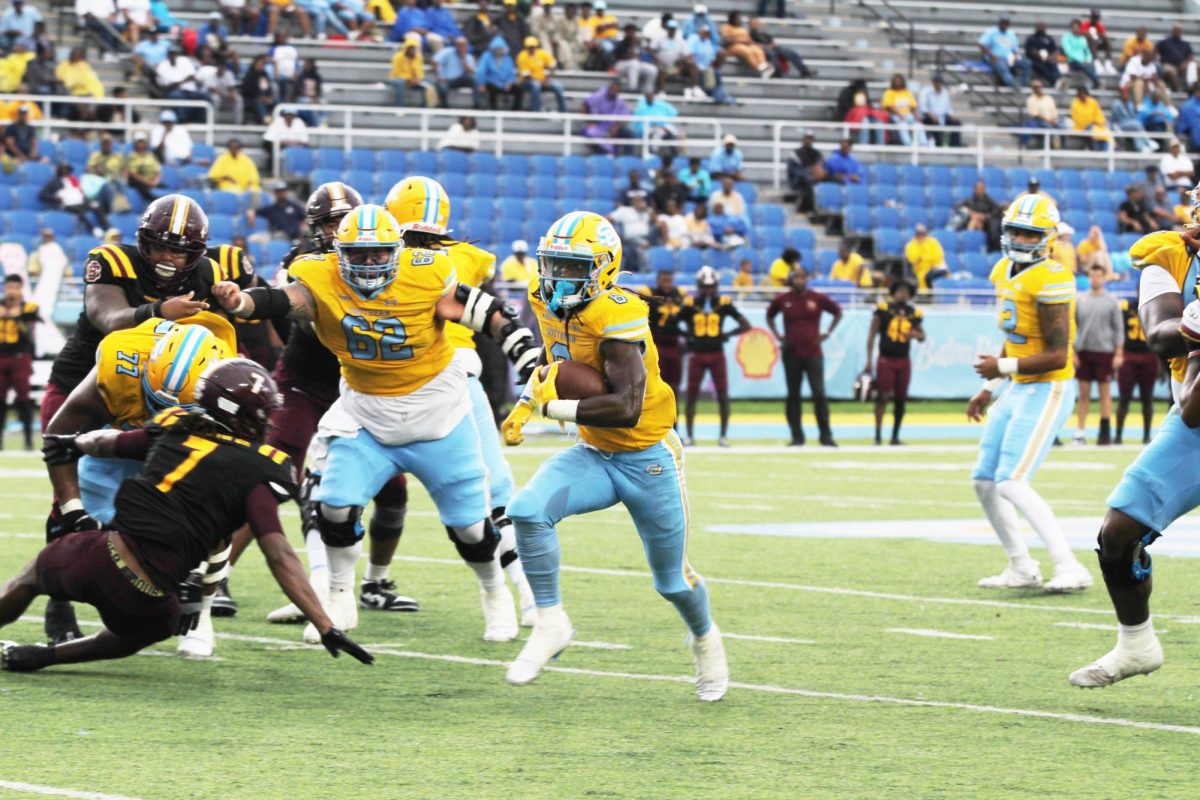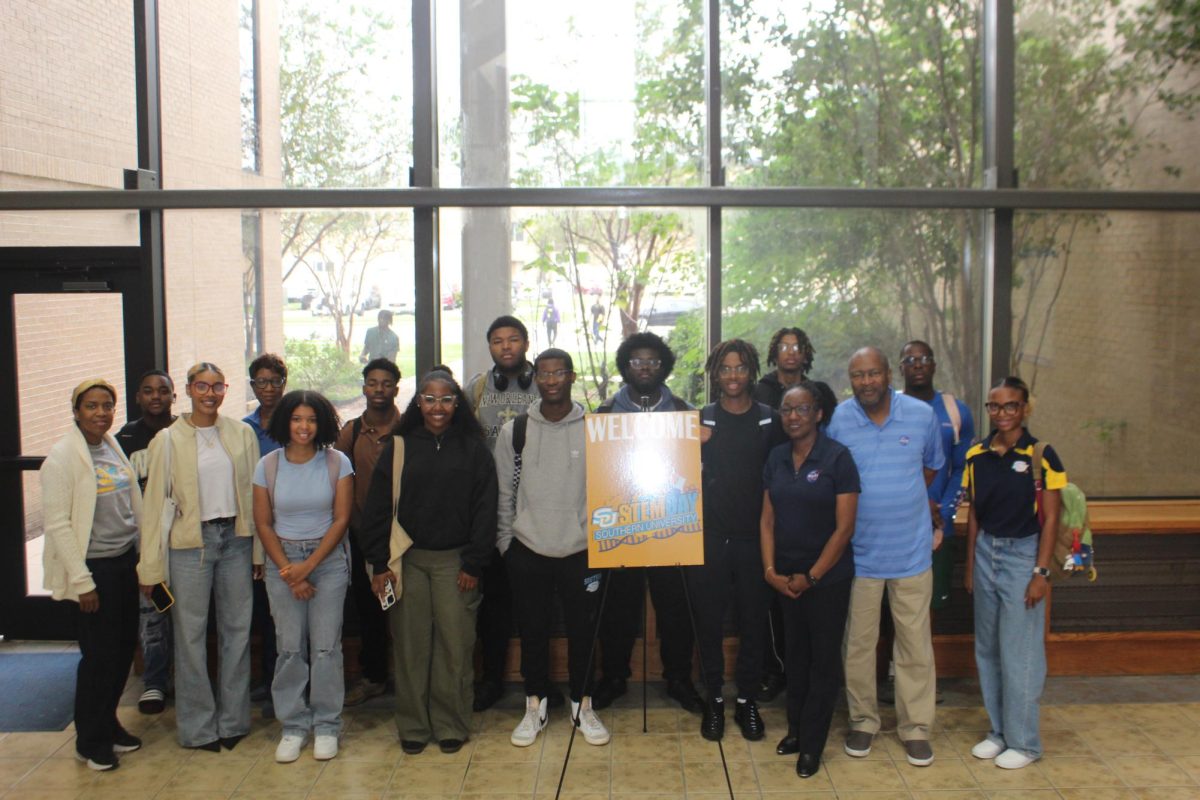The general feeling among college students is that financial aid is an apathetic entity that does as it wants to make the students’ process more difficult than it has to be, regardless of the actions a student does correctly. In terms of Southern University, students’ own particular experiences with financial aid; however, department leadership doesn’t view the perception to be the reality in terms of how detractors may view their progress in recent years.
The role that the Office of Student Financial Aid on Southern University’s campus plays, according to the department, is to ensure that the student body has access to the federal student financial aid gateway, which is more than $112 billion nationwide in college grants, work-study funds, and federal student loans, as well as certain state-based aid programs.
“We strive to make sure they are aware of the availability of the programs to guide them through the process for applying for and receiving aid toward the cost of their program of study,” said Director Taishieka Davis regarding the availability of student services offered by the department upon request and via outreach.
According to Director Davis, the department’s main initiative as far as outreach has been to remain connected to students and ensure they are aware of and prepared for the availability of financial aid resources. The Office of Student Financial Aid continues to implement many outreach programs and services through various communication platforms such as the Qless app (a virtual appointment scheduler), Instagram live sessions, FAFSA postcards, and Registration zoom sessions.
Even with all of the aforementioned proactive growth on part of the department, unrest among students still exists and in no small number due to continued issues such as long lines and a not always speedy process. Much of this does come down to student responsibility as deadlines for paperwork submissions alike all play a role in the efficiency of a student’s experience. Even so, Director Davis does note that external factors can dampen their efficiency as well, even in the face of her own staff working to the best of their abilities.
With student admissions rising yearly since the COVID-19 pandemic, the imbalanced ratio of financial aid personnel and continually rising student numbers has been an issue that many students have pointed to as being a likely cause of miscommunication and confusion towards the start of semesters.
As of 2021, the subr.com ran a story relaying a fifth straight year of enrollment increases, clocking in a total of 8,317 students that year alone.
In that time since, minimal growth in financial aid personnel is a dynamic that Director Davis notes that they are aware of and are currently taking steps to add more financial aid personnel to their roster.
“My supervisor, Dr. Jacqueline Preastly [Vice Chancellor for Enrollment and Dean of Enrollment Management] is aware of the staffing needs that we could benefit from. She’s working with the president to accommodate the staff that we will need as enrollment continues to grow,” said the director. Director Davis continues on to say, “My office is dedicated with the number of the staff that we have now ensuring that no process is neglected and still all students who are eligible for financial aid can be awarded.”
From the student standpoint, despite there being generally proactive solutions to financial aid woes, the overall experience that has been provided does leave a lasting mark. According to freshman student-athlete and Jacksonville, Indiana native, “It’s been rough, could definitely be better. Just stressful,” expressed Mailiek Bush, a civil engineering major.
Detractors of education and the shortcomings of the for-profit system that American education is based on in terms of crippling long-term loans are all the real-world problems that the average student feels as they undergo the financial aid and educational process as a whole. This is a dynamic that Professor Ann Morey notes at length in Globalization and the emergence of for-profit higher education (https://www.opensocietyfoundations.org/uploads/7fab0f35-4f84-4ed7-82d6-ee2346b7c142/carnoy_english.pdf). This brings about the questions should the ill effects of these systems, such as a lack of funding for allotments of departmental personnel and university infrastructure, be cast as blame off to workers at the ground level, or is it not their fault?
Discontent with an imperfect system is rational from both the student and departmental standpoint, but the systemic problems that affect efficiency and effectiveness will always land somewhere short of the ideal system. Being proactive with deadlines and submission dates as a student through the resources that are provided, however, can assist in making the financial aid process as seamless as it can be until larger fixes can be made.
Categories:
Financial Aid FAQs: Growth within a Flawed System
February 14, 2023
0
More to Discover
